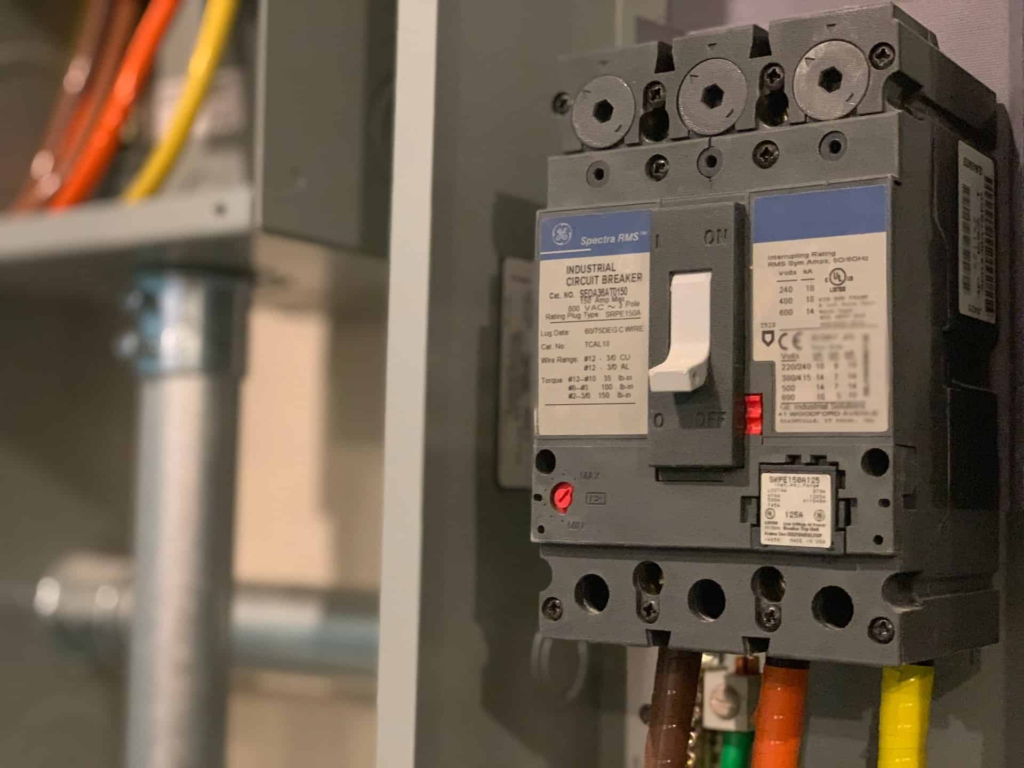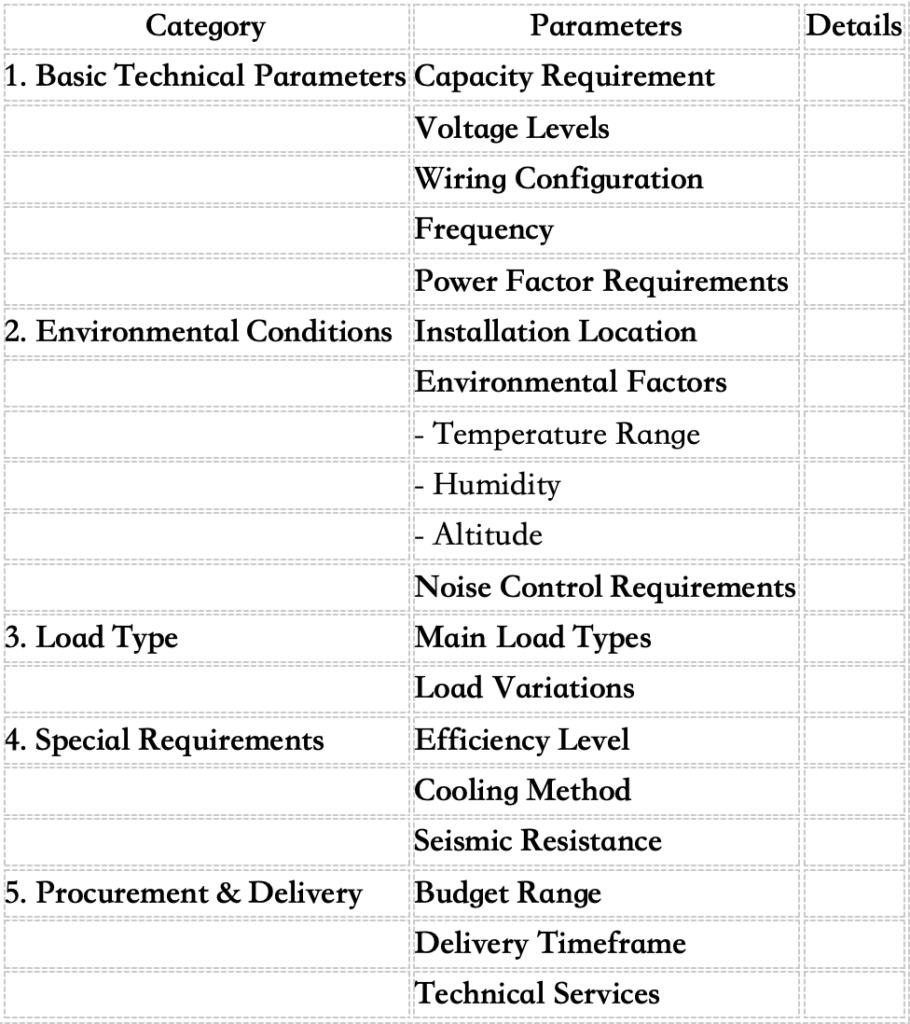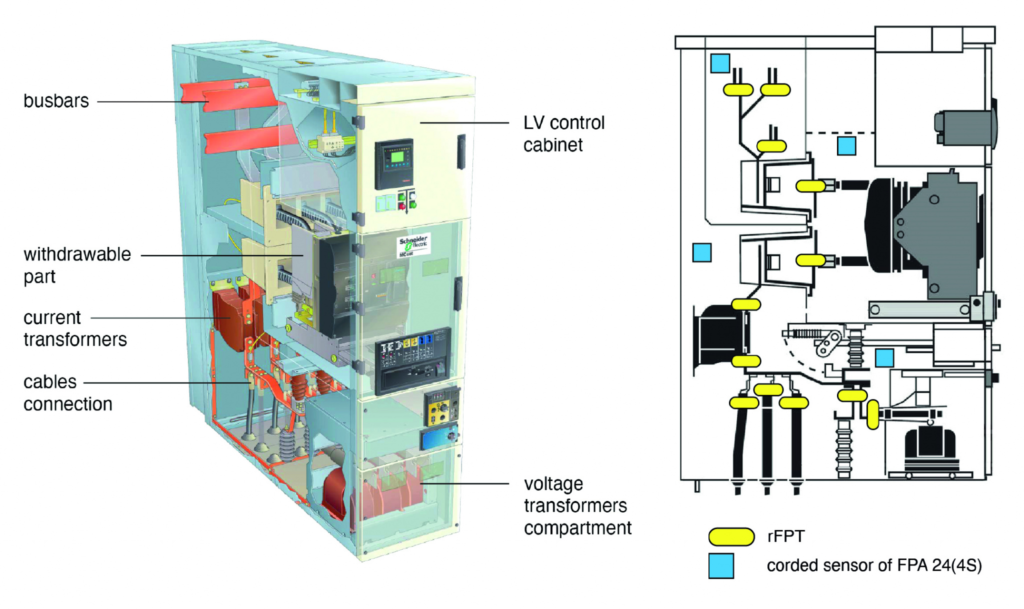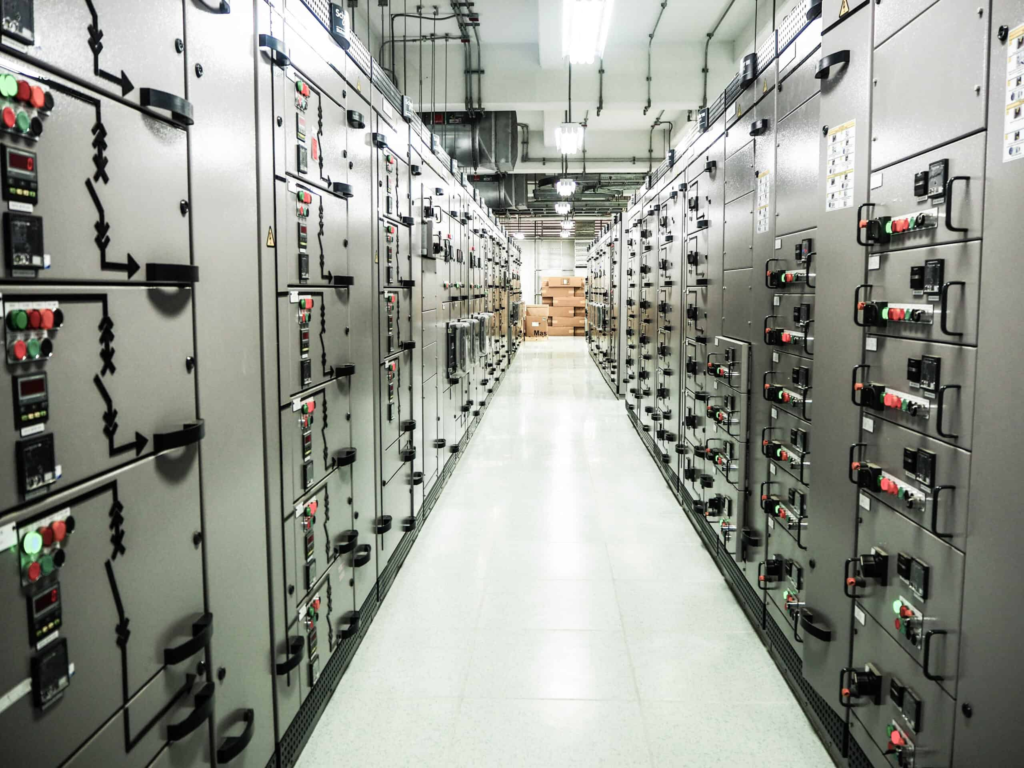How to Procure the Switchgear You Need
Switchgear controls, protects, and isolates electrical equipment, ensuring safe and efficient power distribution. It includes devices like circuit breakers and switches, vital for preventing damage and maintaining power flow.
1. Technical Specifications
Ensure the switchgear’s specifications match your transformer and power system:
- Rated Voltage: Aligns with the transformer’s high or low side.
- Rated Current: Supports normal and peak load requirements.
- Short-Circuit Current (Isc): Withstands the grid’s maximum short-circuit current (kA).
- Frequency: Matches system frequency, typically 50 Hz or 60 Hz.
2. Switchgear Type
Choose the type based on application and installation environment:
- High-Voltage Switchgear:
- Used on the transformer’s high-voltage side (e.g., 10 kV, 35 kV systems).
- Includes breakers like vacuum or SF6 circuit breakers for protection.
- Low-Voltage Switchgear:
- Used on the transformer’s low-voltage side (e.g., 380V, 690V).
- Includes motor control centers (MCCs) or distribution cabinets.
- Indoor/Outdoor:
- Indoor switchgear suits substations or control rooms.
- Outdoor switchgear requires IP54+ protection against water, dust, and corrosion.

6. Installation & Space
- Size & Layout: Choose fixed or drawer-type switchgear based on site space. Drawer types simplify maintenance but cost more.
- Ventilation: Ensure efficient heat dissipation to avoid overheating.
3. Functions & Components
Ensure essential functions and components are included:
- Circuit Breakers: High-performance main switches for reliable operation.
- Isolators: Ensure safety during maintenance.
- Relay Protection: Guards against overloads and short circuits.
- Busbar System: Copper or aluminum to handle load demands.
- Monitoring Instruments: Include meters for current, voltage, and power factor, plus smart monitoring systems.
4. Compatibility & System Coordination
- Transformer Connection: Match interface, capacity, and protection features.
- Device Coordination: Ensure protective devices align with system timing and tripping characteristics.
5. Safety & Standards
- Comply with international standards such as:
- IEC Standards (e.g., IEC 62271-200).
- ANSI/IEEE Standards (e.g., C37 series).
- IP Rating: Indoor: IP30; Outdoor: IP54+.
- Fireproof designs and mechanical interlocks to prevent misuse.
7. Maintenance & Reliability
- Modular Design: Simplifies maintenance and future upgrades.
- Reliability: Choose reputable brands for long-term stability.
- Spare Units: Consider backup units to improve power reliability.
8. Supplier & Service
Choose suppliers with strong technical support, providing:
- Technical documents (e.g., wiring diagrams, manuals).
- Installation guidance and training.
- After-sales service and warranties (minimum 2 years recommended).
9. Budget & Lead Time
- Balance procurement, installation, and operational costs.
- Confirm delivery schedules align with project timelines.
10. Energy Efficiency & Smart Features
- Opt for switchgear with smart monitoring to track load, voltage, and current in real-time.
- Choose energy-efficient, low-loss designs to reduce operating costs over time.
Why choose us
History
Decades of Excellence, Powering the Future with Innovation and Expertise.
scale
Multiple Bases and R&D, Supporting Global Growth with Advanced Solutions.
quality
Engineered for Reliability, Delivering Top Performance You Can Always Trust.
efficiency
Round-the-Clock Support, Providing Excellence and Service Every Single Moment.
How to get a quote quickly






